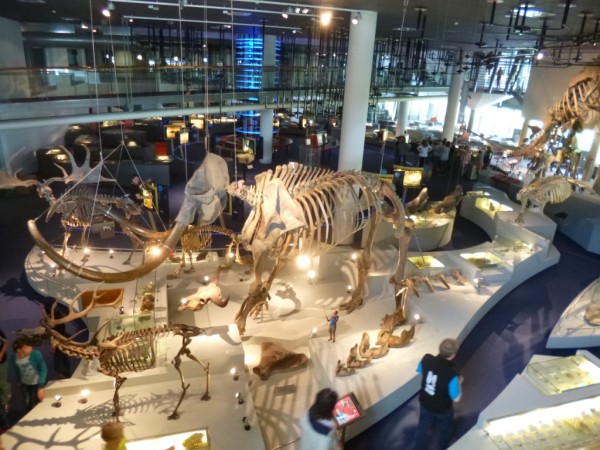
Every so often, a debate goes around Science Communication circles which goes along the lines of “should we train scientists to be better communicators, or should we first find people who are natural communicators and then get them sufficiently across the science so that they can engage others?”
There are pros and cons on both sides, of course. Someone who is only a step ahead of their audience in terms of scientific knowledge can easily be caught out by a tricky audience question. They may be less comfortable deviating off a defined ‘script’ in which they know they’re on safe ground regarding the accuracy of the science.
On the other hand an expert, knowing the content inside out, will be far more confident in ad-libbing and tailoring their presentation to the audience and context.
But at the same time, an expert can be so immersed in their field that they don’t have a good idea of what sort of knowledge they can assume in a lay audience. Also, they might well be far more interested in doing the research than talking about it.
My first major exhibition project was at the National Space Centre, developing the Planets exhibition. I had a science qualification, in Biochemistry. But the exhibition included a lot of geology and physics – subjects I’d only had a passing acquaintance with in my student days.
On balance I think this was a good thing – I had enough distance from the subject that my previous knowledge wasn’t a million miles away from the target audience’s. But I had enough understanding of science in general that I was fairly confident about where I could safely generalise without oversimplifying
So what about historical subjects? Should interpreting historical sites be the sole preserve of the historically qualified?
Quite obviously, I’d contend not. My interpretation work has called for me to acquire a passing knowledge of, among other things, Medieval England, the American Revolution, World War I in the Middle East and colonial South Australia. In so doing I am coming to the subject as a curious non-expert, which is the same starting point as the average visitor. This perspective can give clarity.
But having said that, I confess that I do sometimes find myself self-censoring – asking myself if I really can make that generalisation about a certain historic period, or speculate about a historical figure’s motivations and state of mind.
My solution? Besides gaining confidence through experience, I find I can be more adventurous when I know there is an expert I can call upon to check ideas with and to ensure that a good story is not coming at the expense of the facts.
Therefore I’d say that experts vs. storytellers is not an either/or argument. The best outcomes are when they can work together creatively and collaboratively.
